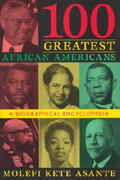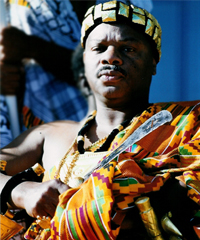I told you I have never considered myself a feminist, but consider the notions I had as a strong black woman (and maybe you did or still do have) that could be considered feminist:
-
1) Men and women are equal in all ways.
2) I don’t need a man to provide for or protect me.
3) We will split everything 50/50 in my marriage (bills, duties, etc.).
4) I’m not in favor of abortion for me, but I believe women should have a choice to decide what they want to do with their own bodies.
5) You should be able to love whoever finds you loveable and you find loveable, no matter what gender.
As I examine my former thoughts, I realize that I gave priority to my womanhood; I considered my existence by giving preference to my female desires with little or no regard to the negative effects on men or children. These feminist notions truly are from the human spirit and not the Holy Spirit, but they made me feel good about myself and humanity. I believed that humanity could evolve from the bondages of patriarchal boundaries by removing the boundaries to freely choose unrestrained egalitarianism or even matriarchy.
Yes, we are free to choose, but we are not free to choose any natural consequences of our decisions. When we as Christians decide what’s best for us apart from God, we have eliminated Him as God in our life and have taken the throne (Judges 17:6, 21:25). Jesus Christ is the author and finisher of our faith (Hebrews 12:2), and if we believe that, our decisions have to reflect that.
Copyright 2009 by Rhonda J. Smith


